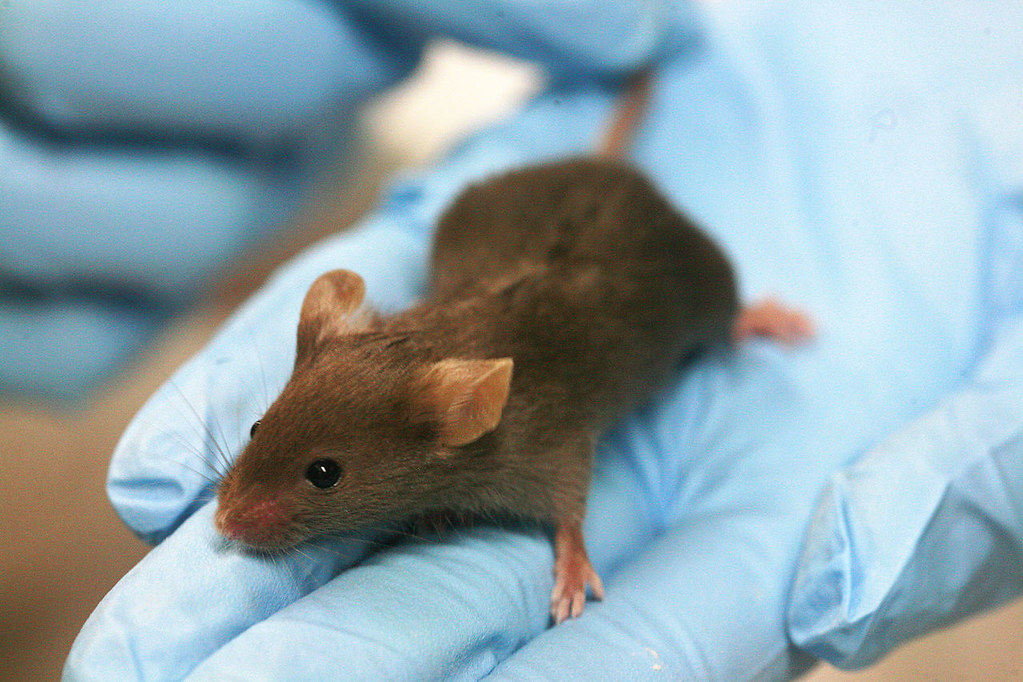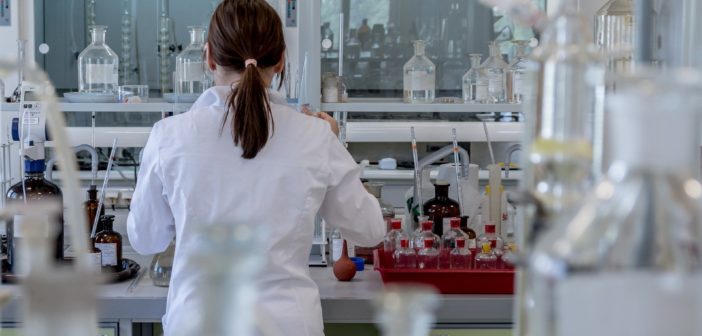As the deadly novel coronavirus spreads exponentially across the globe, researchers are racing to develop a vaccine that will bring the pandemic to a halt.
Typically, potential vaccines undergo extensive animal testing before use in human clinical trials. But in their urgency for developing a COVID-19 vaccine, some researchers are skipping this step, exposing animal testing for what it is: wasteful, unnecessary and inapplicable to humans.
In a clinical trial funded by the National Institutes of Health (NIH), 45 healthy human volunteers in Seattle, WA are being given doses of a potential COVID-19 vaccine developed by biotechnology company Moderna. The company’s chief medical officer, Tal Zaks MD, compellingly says, “I don’t think proving this in an animal model is on the critical path to getting this to a clinical trial.”
Unfortunately, this same NIH trial will utilize simultaneous animal testing, so animals are not being totally spared.

Animal trials are not only unwarranted, they are profoundly flawed. A disturbing 90% of drugs or therapies considered successful after undergoing animal tests fail in human trials.
A recent study examined non-animal models for developing vaccines for certain viruses and determined that ground-breaking human-mimetic approaches, such as induced pluripotent stem cell models, organoids and in silico mathematical modeling, are more likely to result in a successful vaccine than experiments on mice and monkeys.
Mice are naturally resistant to coronavirus, so scientists are scrambling to genetically alter them to be susceptible, although their infection will not resemble the human illness.
One especially promising non-animal method in vaccine research is VaxDesign’s Modular Immune In Vitro Construct (MIMIC), a “clinical trial in a test-tube.” Made with donated human immune cells, the technology can mimic the human immune system. MIMIC’s effectiveness was validated by a 2017 study that tested a vaccine for flu in a human model.

Former vice president of corporate development at VaxDesign notes, “The information you get from this type of test is far and beyond what you’d get out of a mouse study, both because it’s humans and because you can see the effect across a spectrum of genotypes.”
By sidestepping animal research to evaluate the Moderna vaccine, the scientific community is acknowledging that animal testing is a hindrance to rapidly developing safe and effective treatments for COVID-19. It has become increasingly clear that in order to end this pandemic, scientists will need to bypass slow and ill-performing animal tests.
Featured image: a researcher working in a laboratory. Image via Pixabay.





